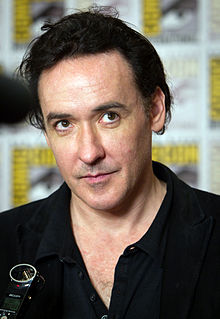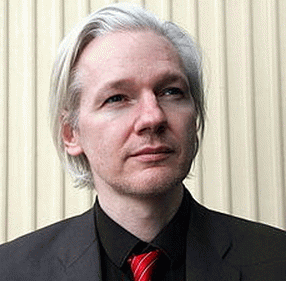This week, I was proud to join the board and help launch the Freedom of the Press Foundation, a new organization which plans on crowd-funding for a variety of independent journalism outlets whose prime mission is to seek transparency and accountability in government. You can read about the first group of four organizations -- which includes the National Security Archive, MuckRock News, and The UpTake and WikiLeaks -- here.
Recently, I sat down with George Washington Law School professor and constitutional scholar Jonathan Turley and my close friend Kevin McCabe to discuss WikiLeaks' impact on transparency, the government's response, and the comparison to the Pentagon Papers whistleblower Daniel Ellsberg (also a co-founder of the Freedom of the Press Foundation). (And see a previous conversation with Jonathan Turley here.)
WikiLeaks was extralegally cut off from funding after two Congressmen successfully pressured Visa, Mastercard and PayPal into refusing to do business with the journalism organization in late 2010. We hope that the Freedom of the Press Foundation will become a bulwark against these types of unofficial censorship tactics in the future.
This is the first part of our conversation.
John Cusack: Did you guys see this piece by Ellsberg before the Election?
Kevin McCabe: No.
Jonathan Turley: No.
John Cusack: Was really meaningful, I think about what it meant to vote for Obama -- Ellsberg's is a principled stand -- but had taken the Chomsky position to stop the Republicans in swing states. But do it with no illusions.
Jonathan Turley: Right.
John Cusack: Anyway, I thought the Ellsberg thing was fascinating. And I spoke to -- Jon, you know Michael Ratner? He said he knew you --
Jonathan Turley: Yeah.
John Cusack: I spoke to him about this request to see Julian Assange in London. I was just thinking Assange, and as Hedges and Ellsberg sue over NDAA, we have a situation where, if things are as they appear to be, Assange is locked up for basically exposing war crimes.
image from wikipedia
Jonathan Turley: Yeah. I think the fascinating thing about Assange is that the very same act of disclosure, if he were recognized as a journalist, might have brought him the Pulitzer Prize. Assange holds this curious status. The media doesn't quite know how to handle him. They can't decide whether he is a villain or a hero, or some type of villainous hero. And many people are ignoring the content of a lot of what he disclosed.
(Note: You can view every article as one long page if you sign up as an Advocate Member, or higher).






